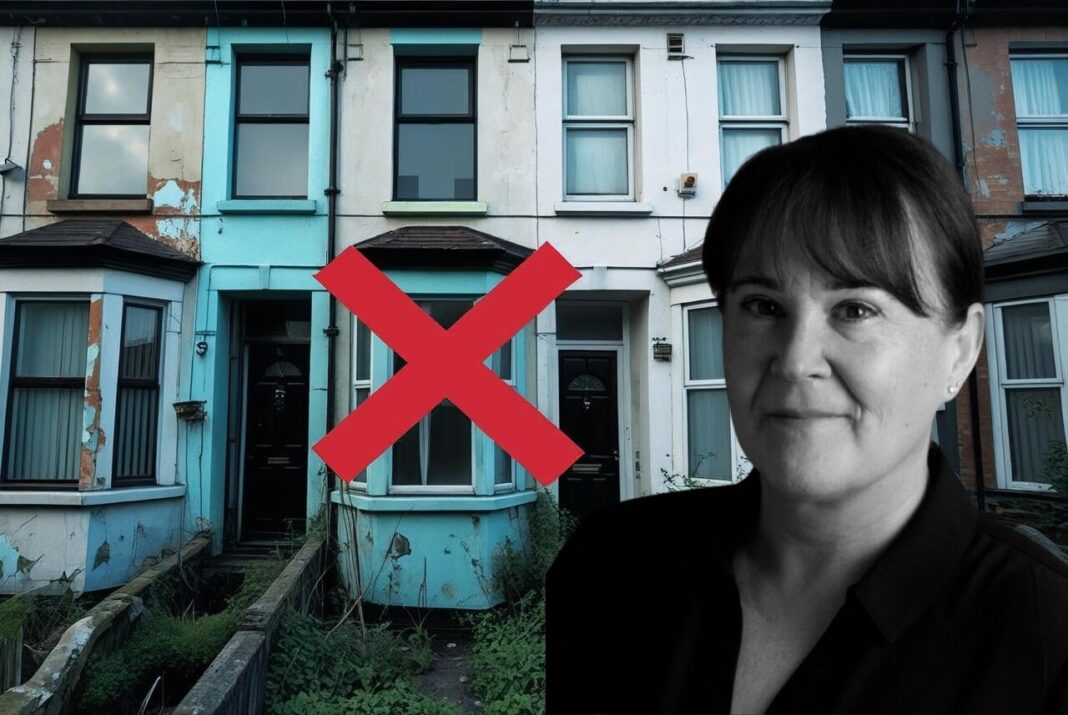More than one in five private rented homes in England would fail to meet minimum legal standards under proposals outlined in the Renters’ Rights Bill, according to new analysis by Inventory Base.
The company examined the latest government housing data in light of the Bill’s proposed extension of the Decent Homes Standard (DHS) to cover private rentals for the first time.
The DHS has applied to social housing since 2006 and sets a baseline for safety, repair, modernity and energy efficiency.
A government consultation on reforming the standard – and applying it across both sectors – is now open until September.
ILLEGAL LETS
The changes, if adopted, would make it illegal to let properties that fall short of the standard by 2035 or 2037, depending on the final implementation date.
Inventory Base’s analysis suggests that around 3.78 million homes in England currently fall below the DHS – equivalent to 14.9% of the entire housing stock.
In the private rented sector, the proportion rises to 21%, meaning more than a million homes would require upgrading to remain legally lettable under the proposed rules.
In contrast, 10.3% of social housing remains non-compliant, despite nearly two decades of the DHS being in place. The reforms would not apply to owner-occupied homes.
DISRUPTIVE OVERHAUL
Sián Hemming-Metcalfe (main picture, inset), Operations Director at Inventory Base, says: “The Renters’ Rights Bill represents one of the most disruptive overhauls of England’s rental sector in a generation.
“Landlords will face enormous pressure navigating the transition, from the end of fixed-term ASTs and no-fault evictions, to new rules on pets and a sweeping expansion of the Decent Homes Standard.
“If the DHS proposal becomes law, over a million privately rented homes will require significant upgrades. That’s a massive, time-intensive, and costly task, especially without a clear support structure. The likely outcome? Widespread non-compliance or accelerated landlord sell-offs.”
CLOSING THE GAP
She adds: “Agents and landlords need clarity now. They must assess where they stand, what actions will be required by 2035 or 2037, and how tools like property inspections can close the gap between today’s standards and tomorrow’s expectations.
“While consultation is important, deferring implementation until 2035 or later isn’t strategic – it’s negligent.
“The delay legitimises inaction and leaves millions of tenants stuck in substandard homes for another decade, despite the fact we already have the data and tools to start driving progress.
“What’s missing is the urgency – and the investment – to build the infrastructure needed to scale change.”
The warning comes as the government continues its consultation on how and when to enforce the new rules – a process that could have far-reaching consequences for landlords, letting agents and millions of tenants across England.










